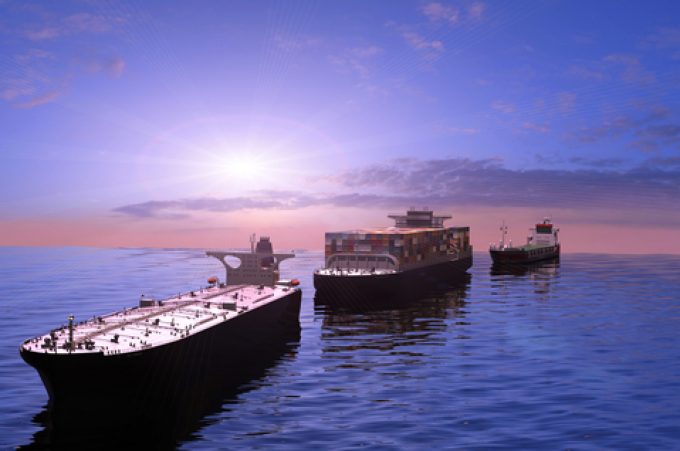Maersk and Cosco lose out as the battle for market share goes organic
The competitive landscape is changing for ocean carriers – and Maersk and Cosco find themselves ...

Reframing supply chains to ensure enough capacity during high levels of demand could cost more than facing up to one-off crises such as today’s, according to a key analyst.
“In the entire history of shipping, we have never had such a sustained period of insufficient capacity, ...

Comment on this article
Robin Kim
October 08, 2021 at 8:48 pmThis was a really interesting evaluation of the current market and logistics situation. This crisis has really made many count their blessings – rates have crippled businesses. If there really were empty vessels and containers sitting around with the hypothetical increase in capacity, it makes sense that the liners would prefer to just make money while they can. I’ve read elsewhere that the vessel companies are making up for years of losses.